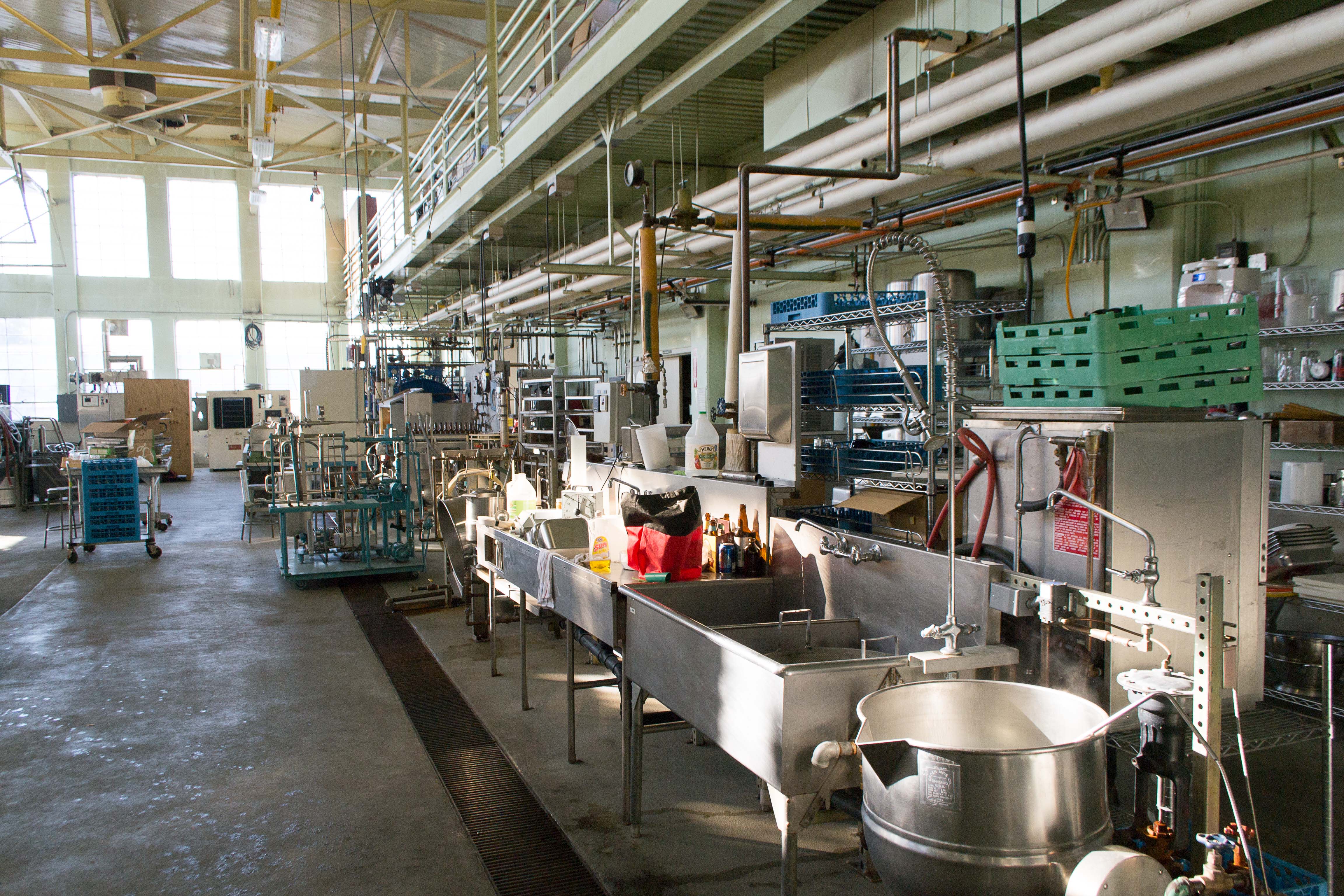
Mineral Content of the Pulp and Peel of Various Citrus Fruit Cultivars
Sign Up to like & getrecommendations! Published in 2019 at "Biological Trace Element Research"
DOI: 10.1007/s12011-019-01727-1
Abstract: The aim of the study was to compare the mineral content between the peel and the pulp of citrus fruits and to determine which citrus fruit, among orange ( Citrus sinensis ), pomelo ( Citrus… read more here.
Keywords: citrus fruit; content; mineral content; pulp peel ... See more keywords

Osthole extracted from a citrus fruit that affects apoptosis on A549 cell line by histone deacetylasese inhibition (HDACs)
Sign Up to like & getrecommendations! Published in 2020 at "Biotechnology Reports"
DOI: 10.1016/j.btre.2020.e00531
Abstract: Highlights • The grapefruit osthole act as a natural inhibitor of HDACs.• Osthole inhibited the growth of A549 cells, in a time- and concentration-dependent manner.• Ostholeinduced apoptosis and the caspase-9 was also increased by osthole… read more here.
Keywords: osthole extracted; hdacs osthole; citrus fruit; hdacs ... See more keywords

In situ antioxidation-assisted matrix solid-phase dispersion microextraction and discrimination of chiral flavonoids from citrus fruit via ion mobility quadrupole time-of-flight high-resolution mass spectrometry.
Sign Up to like & getrecommendations! Published in 2020 at "Food chemistry"
DOI: 10.1016/j.foodchem.2020.128422
Abstract: A simple and sensitive in situ antioxidation process assisted with a matrix solid-phase dispersion method for extracting chiral flavonoids in citrus fruit was established, and samples were further analyzed using ion mobility quadrupole time-of-flight high-resolution… read more here.
Keywords: citrus fruit; situ antioxidation; citrus; flavonoids citrus ... See more keywords

Inhibitory mechanisms of cinnamic acid on the growth of Geotrichum citri-aurantii
Sign Up to like & getrecommendations! Published in 2022 at "Food Control"
DOI: 10.1016/j.foodcont.2021.108459
Abstract: Abstract Geotrichum citri-aurantii is the leading causes for sour rot diseases of postharvest citrus fruit, which results in a big loss of commercial value of citrus fruit. Cinnamic acid (CA) is widely used for the… read more here.
Keywords: citri aurantii; growth; microscopy; citrus fruit ... See more keywords

Insights into the chemical composition and bioactivities of citrus peel essential oils.
Sign Up to like & getrecommendations! Published in 2021 at "Food research international"
DOI: 10.1016/j.foodres.2021.110231
Abstract: Citrus peel (CP), a by-product of the citrus fruit processing, comprises nearly forty to fifty percent of the fruit portion. Interestingly, the essential oil (EO) is primarily concentrated in the peel portion of the citrus… read more here.
Keywords: insights chemical; chemical composition; citrus; citrus fruit ... See more keywords

Comparative RNA-seq analysis of citrus fruit in response to infection with three major postharvest fungi
Sign Up to like & getrecommendations! Published in 2018 at "Postharvest Biology and Technology"
DOI: 10.1016/j.postharvbio.2018.08.012
Abstract: Abstract Green mold, blue mold and sour rot caused by Penicillium digitatum, Penicillium italicum and Geotrichum citri-aurantii infections, respectively, are major fungal diseases of citrus fruit. The above-mentioned diseases present a great threat to fruit… read more here.
Keywords: seq analysis; fruit; citrus fruit; rna seq ... See more keywords

Control of sour rot in citrus fruit by three insect antimicrobial peptides
Sign Up to like & getrecommendations! Published in 2019 at "Postharvest Biology and Technology"
DOI: 10.1016/j.postharvbio.2018.11.025
Abstract: Abstract Sour rot, caused by Geotrichum citri-aurantii, is an important potentially devastating postharvest disease, which cannot be controlled efficiently by any registered fungicides such as imazalil, thiabendazole and fludioxonil. This study investigated the antifungal activity… read more here.
Keywords: microscopy; citrus fruit; sour rot;

Key determinants of citrus fruit quality: Metabolites and main changes during maturation
Sign Up to like & getrecommendations! Published in 2018 at "Scientia Horticulturae"
DOI: 10.1016/j.scienta.2018.01.055
Abstract: Abstract Citrus is one of the main fruit crops in the world and widely recognized by their organoleptic, nutritional and health-related properties of both fresh fruit and juice. The genetic diversity among the genus and… read more here.
Keywords: fruit; citrus fruit; fruit quality; organoleptic nutritional ... See more keywords

Comparative genomic and transcriptomic analyses of chemosensory genes in the citrus fruit fly Bactrocera (Tetradacus) minax
Sign Up to like & getrecommendations! Published in 2020 at "Scientific Reports"
DOI: 10.1038/s41598-020-74803-5
Abstract: The citrus fruit fly Bactrocera (Tetradacus) minax is a major and devastating agricultural pest in Asian subtropical countries. Previous studies have shown that B. minax interacts with plant hosts via the efficient chemosensory system. However,… read more here.
Keywords: fly bactrocera; citrus fruit; minax; fruit fly ... See more keywords

Predicting the dielectric behavior of orange and other citrus fruit juices at 915 and 2450 MHz
Sign Up to like & getrecommendations! Published in 2017 at "International Journal of Food Properties"
DOI: 10.1080/10942912.2017.1347674
Abstract: ABSTRACT Dielectric properties (DP: relative permittivity and loss factor) and electrical conductivity are important parameters for evaluating the microwave penetration depth and designing applicators for pasteurization processes. In this context, generalized equations that can predict… read more here.
Keywords: mhz; 915 2450; 2450 mhz; citrus fruit ... See more keywords

Cit1,2RhaT and two novel CitdGlcTs participate in flavor-related flavonoid metabolism during citrus fruit development
Sign Up to like & getrecommendations! Published in 2019 at "Journal of Experimental Botany"
DOI: 10.1093/jxb/erz081
Abstract: Abstract Neohesperidosides are disaccharides that are present in some flavonoids and impart a bitter taste, which can significantly affect the commercial value of citrus fruits. In this study, we identified three flavonoid-7-O-di-glucosyltransferase (dGlcT) genes closely… read more here.
Keywords: citrus fruit; cit1 2rhat; flavor related; fruit development ... See more keywords